Hungary’s Foreign Policy Crossroads – and Why It Matters for the EU
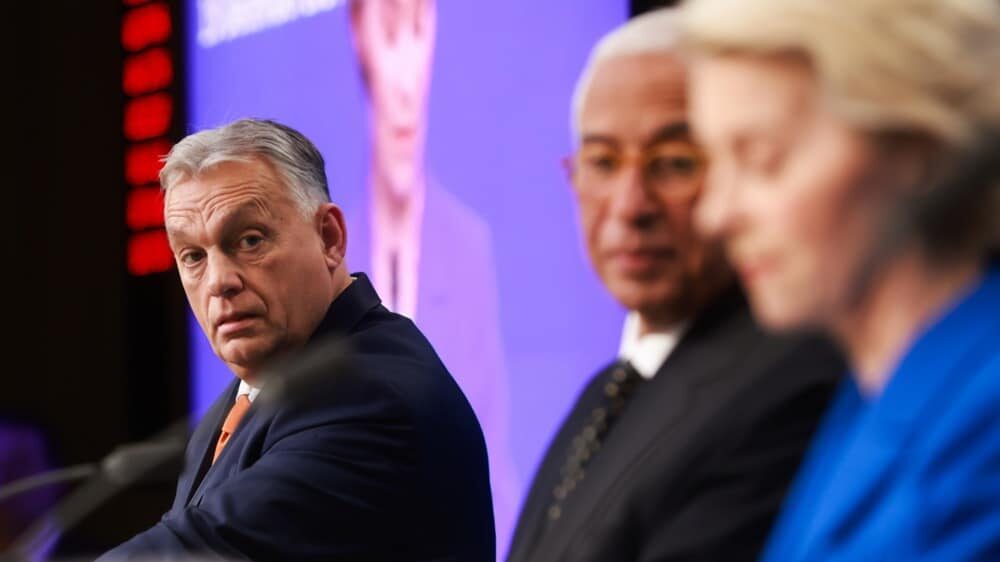

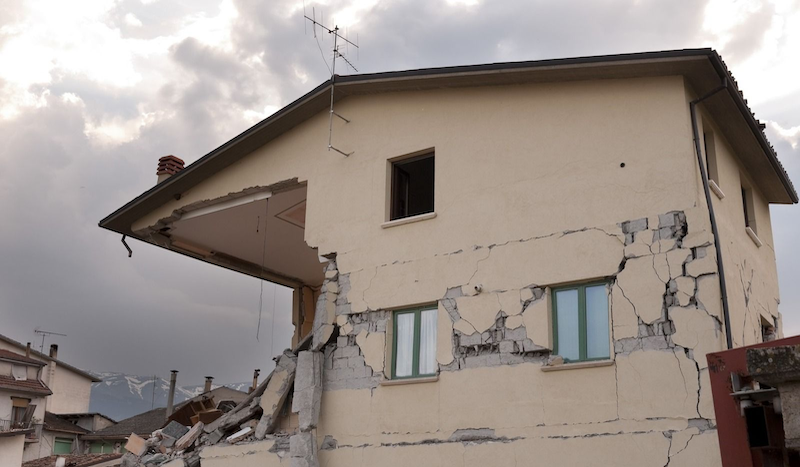
Même si officiellement aucun traité de paix n’a été signé à Anchorage, il semble que la situation du conflit ukrainien soit tout de même en voie d’amélioration. Je critique souvent Trump sur ce blog notamment sur les questions économiques, mais il est indéniable que son élection a calmé en partie la montée en tension que les néoconservateurs américains et les démocrates provoquaient. Le fait que les deux puissances nucléaires que sont la Russie et les USA se soient mis autour d’une table aurait dû être accueilli avec beaucoup plus d’enthousiasme du côté européen. Mais on voit bien que l’UE et ses petits serviteurs à commencer par notre pathétique président n’ont eu de cesse de vouloir faire capoter cette rencontre. Mais nous reviendrons sur cette question européenne par la suite.
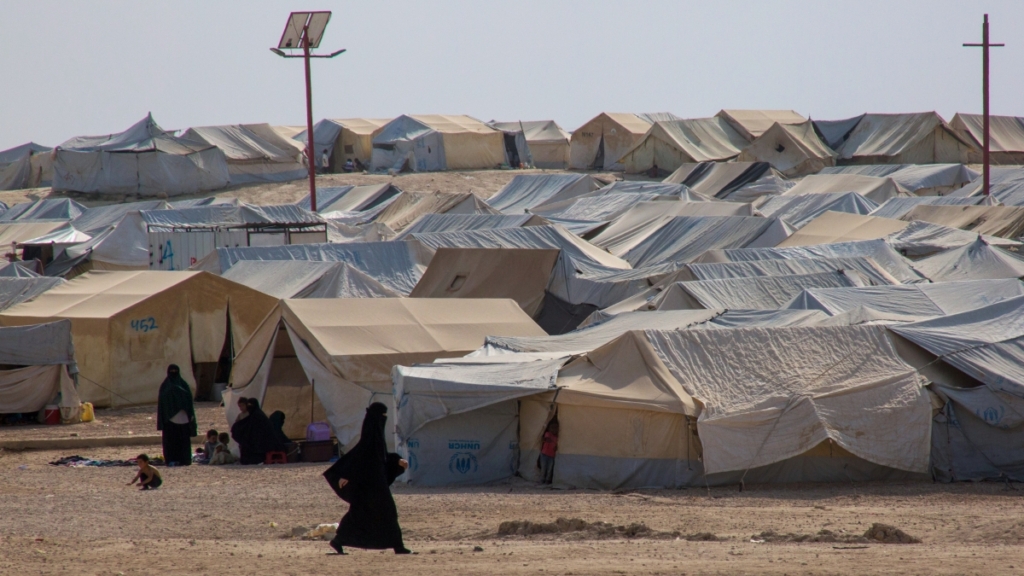
There are approximately 50,000 veteran Islamic State members and their families currently being held at 27 prisons and detention centers across northeast Syria. They have been a frequent target of prison break attempts over the years, some of which have succeeded in freeing jihadists who have gone on to reinforce the group’s ranks.
After the fall of the Assad regime, two main military forces now remain in Syria with two opposing ideologies and irreconcilable visions: the so-called Syrian government, which is made up of Turkish-backed jihadi factions, and the Syrian Democratic Forces (SDF), which is comprised of Kurdish, Arab, and Christian forces. While the SDF are pro-West and democratic, the Syrian government is pro-sharia and is ideologically aligned with ISIS. Despite its attempts to project moderation, its extremist ideology and reliance on extremist groups have only fueled sectarian violence and enabled the resurgence of ISIS across Syria.
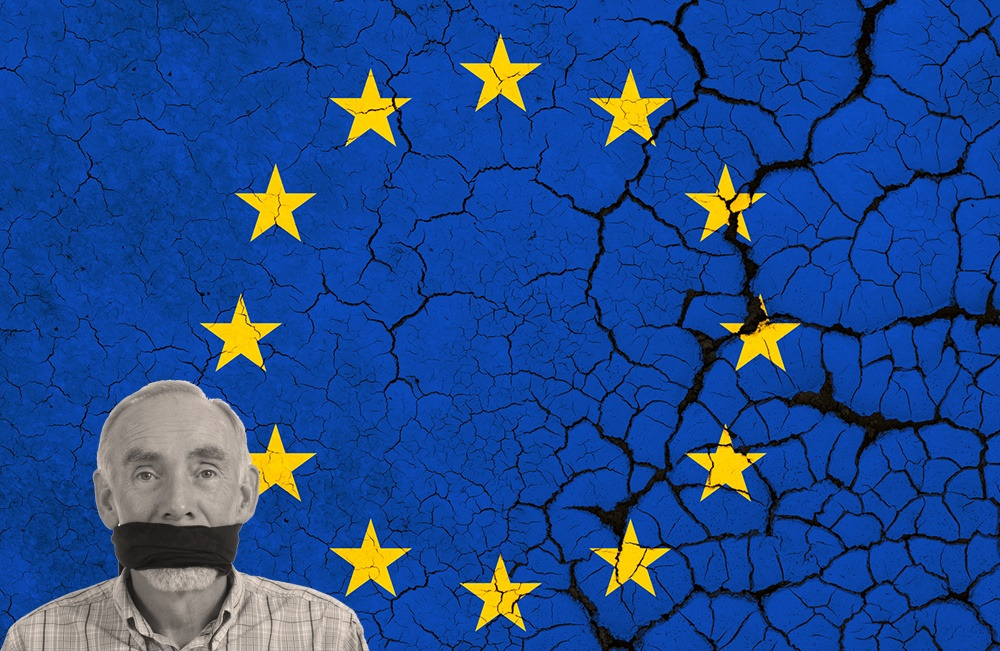
This is technospeak for censorship, but you already knew that because this is what the “fact-checkers” at Facebook and Twitter did on behalf of the Biden administration and the FBI until Elon Musk bought Twitter and President Donald Trump was re-elected.
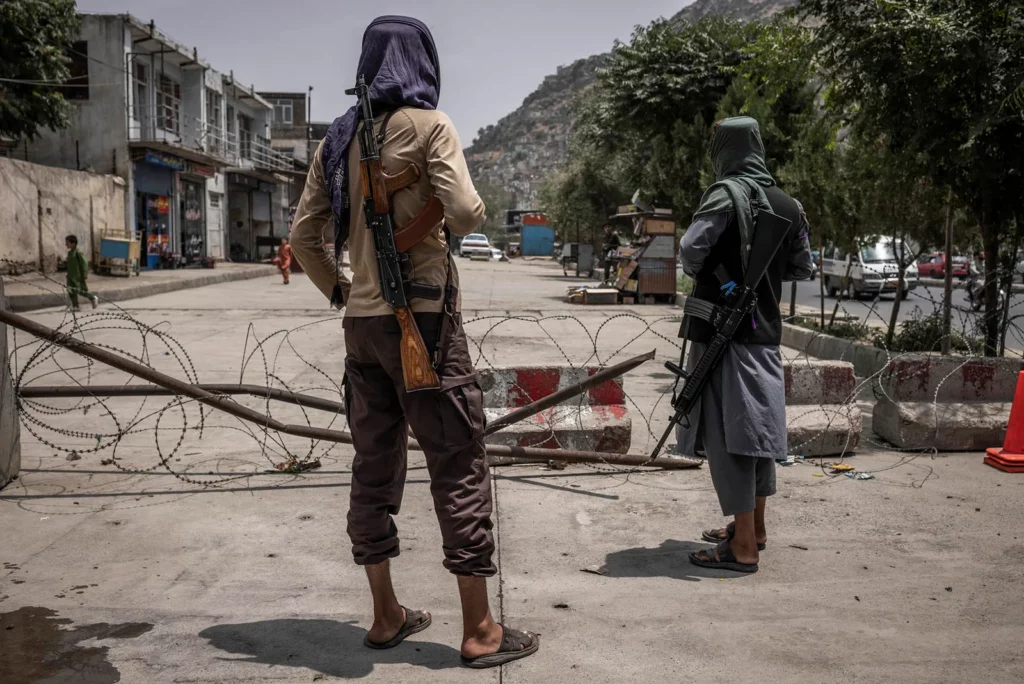
As a citizen of Afghanistan, I gaze upon my homeland with a heavy heart, burdened by the shadows of terrorism that continue to eclipse our hopes for peace and prosperity. The resurgence of extremist groups under the Taliban’s rule has not only shattered the fragile stability we yearned for after decades of conflict but has also exported chaos to our neighbors, threatening the very fabric of regional security.

At the end of a media briefing in New York last month, senior US official Tom Barrack slid in a reference to Washington controlling one of the most fraught pieces of land in the South Caucasus.
“They’re arguing over 32km of road, but this is no joke,” Mr Barrack said. “So what happens is America comes in and says, ‘OK, we’ll take it over. Give us the 32km of road on a 100-year lease, and you can all share it’.”
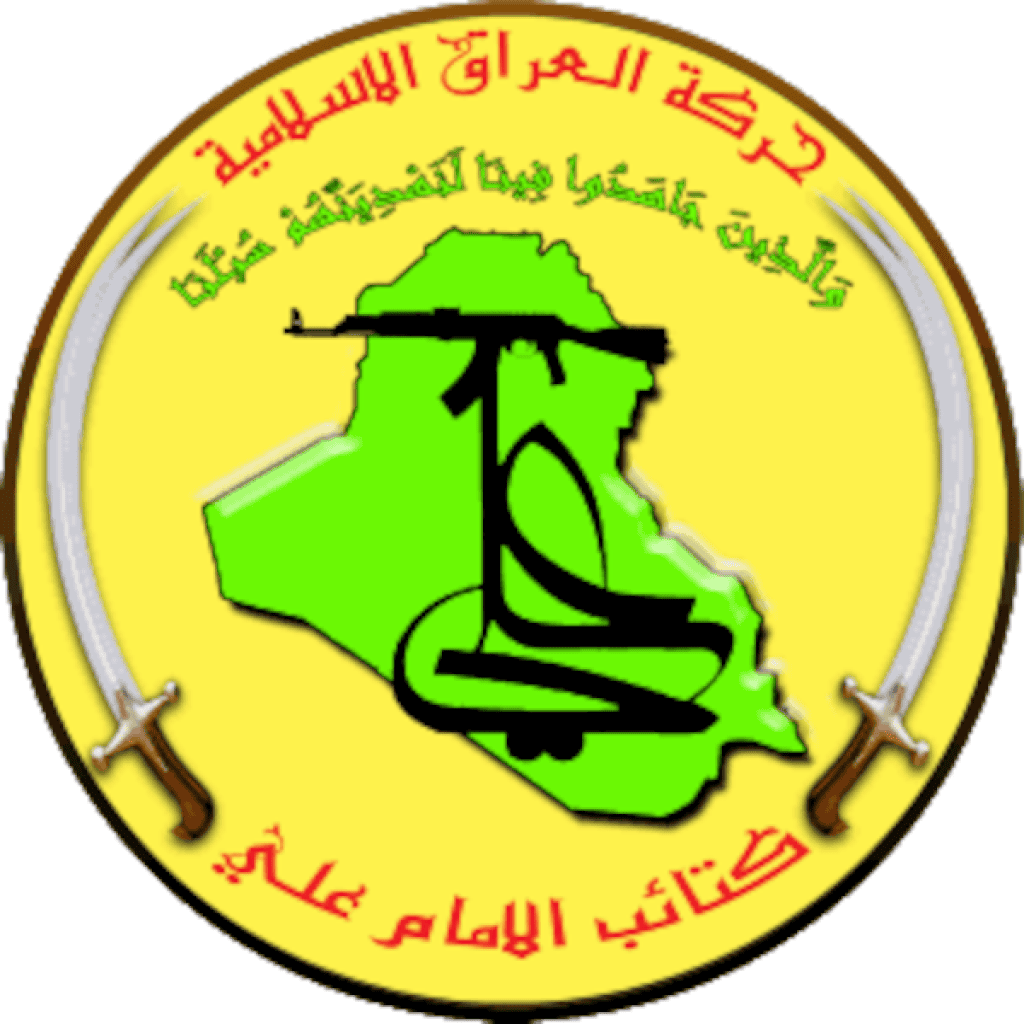
The US Treasury Department added Kataib Imam Ali (the “Imam Ali Brigades”) to the list of Specially Designated Global Terrorists on June 12, 2025. Kataib Imam Ali is one of the many Iraqi militias that are part of Iran’s network of proxies in Iraq and the broader Middle East. The Treasury Department has not yet issued a statement expanding on the designation.

KHAN YOUNIS, Gaza Strip (AP) — The dead body of 2 1/2-year-old Ro’a Mashi lay on the table in Gaza’s Nasser Hospital, her arms and rib cage skeletal, her eyes sunken in her skull. Doctors say she had no preexisting conditions and wasted away over months as her family struggled to find food and treatment.
Her family showed The Associated Press a photo of Ro’a’s body at the hospital, and it was confirmed by the doctor who received her remains. Several days after she died, Israeli Prime Minister Benjamin Netanyahu on Sunday told local media, “There is no hunger. There was no hunger. There was a shortage, and there was certainly no policy of starvation.”